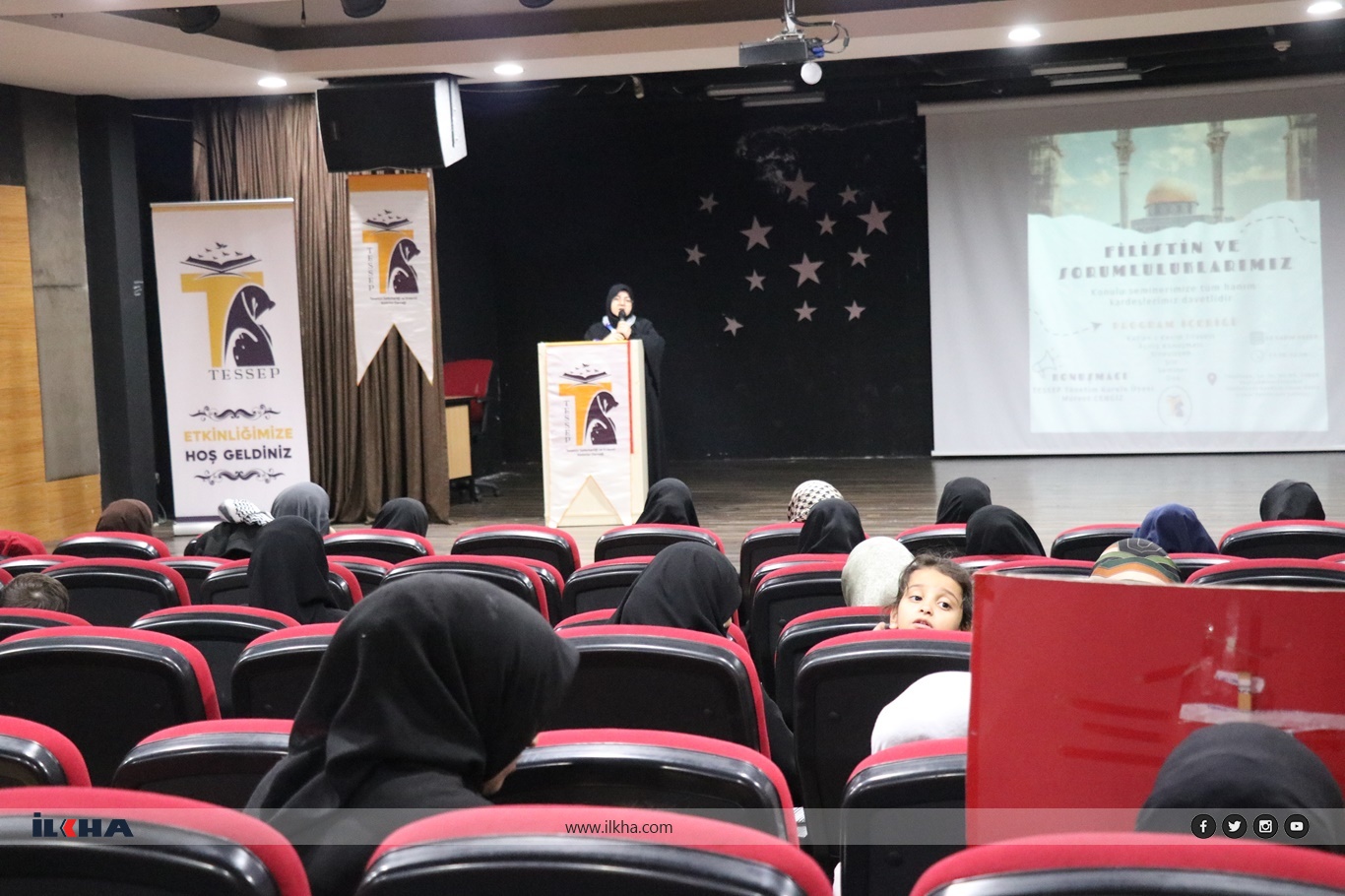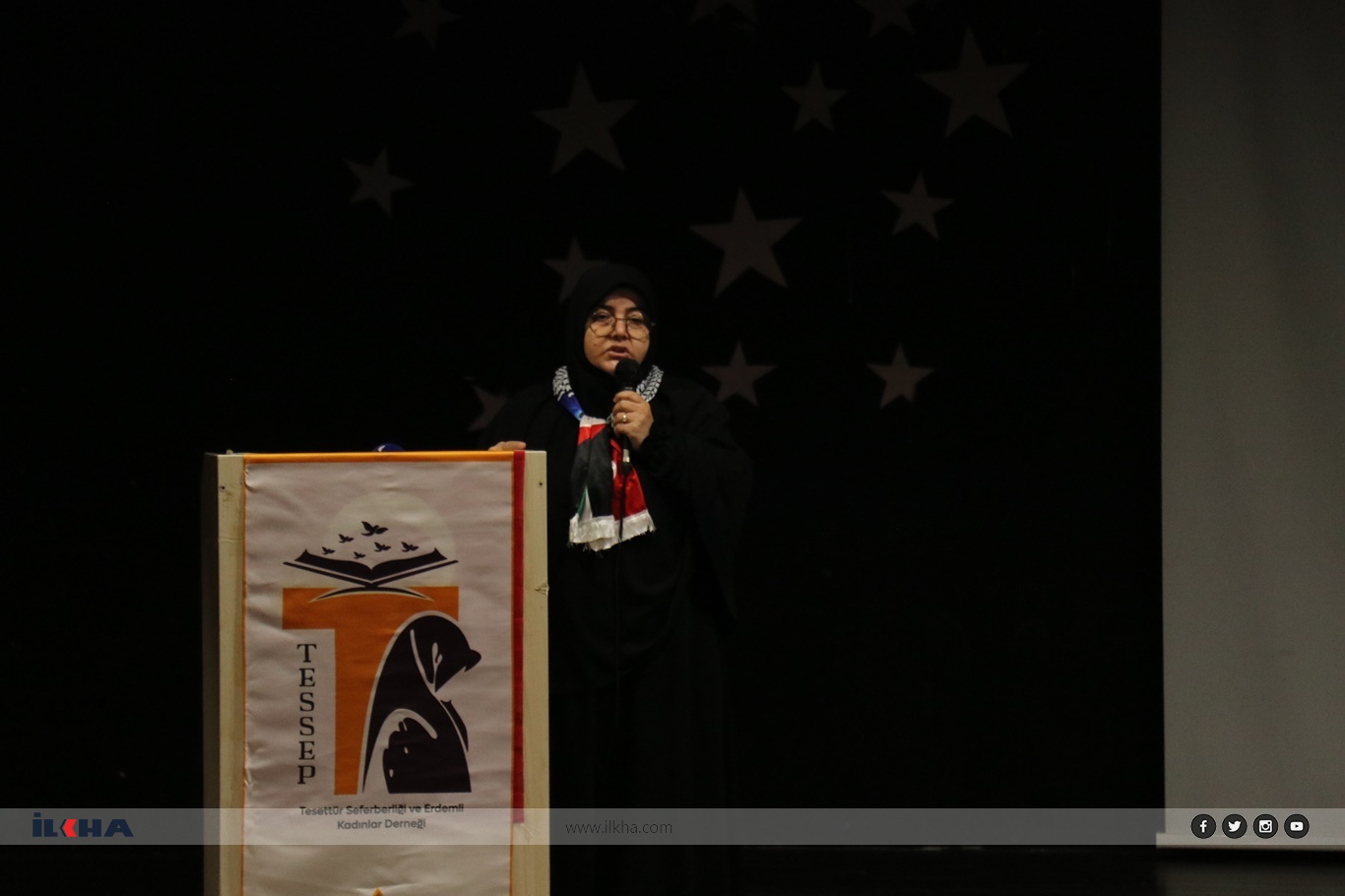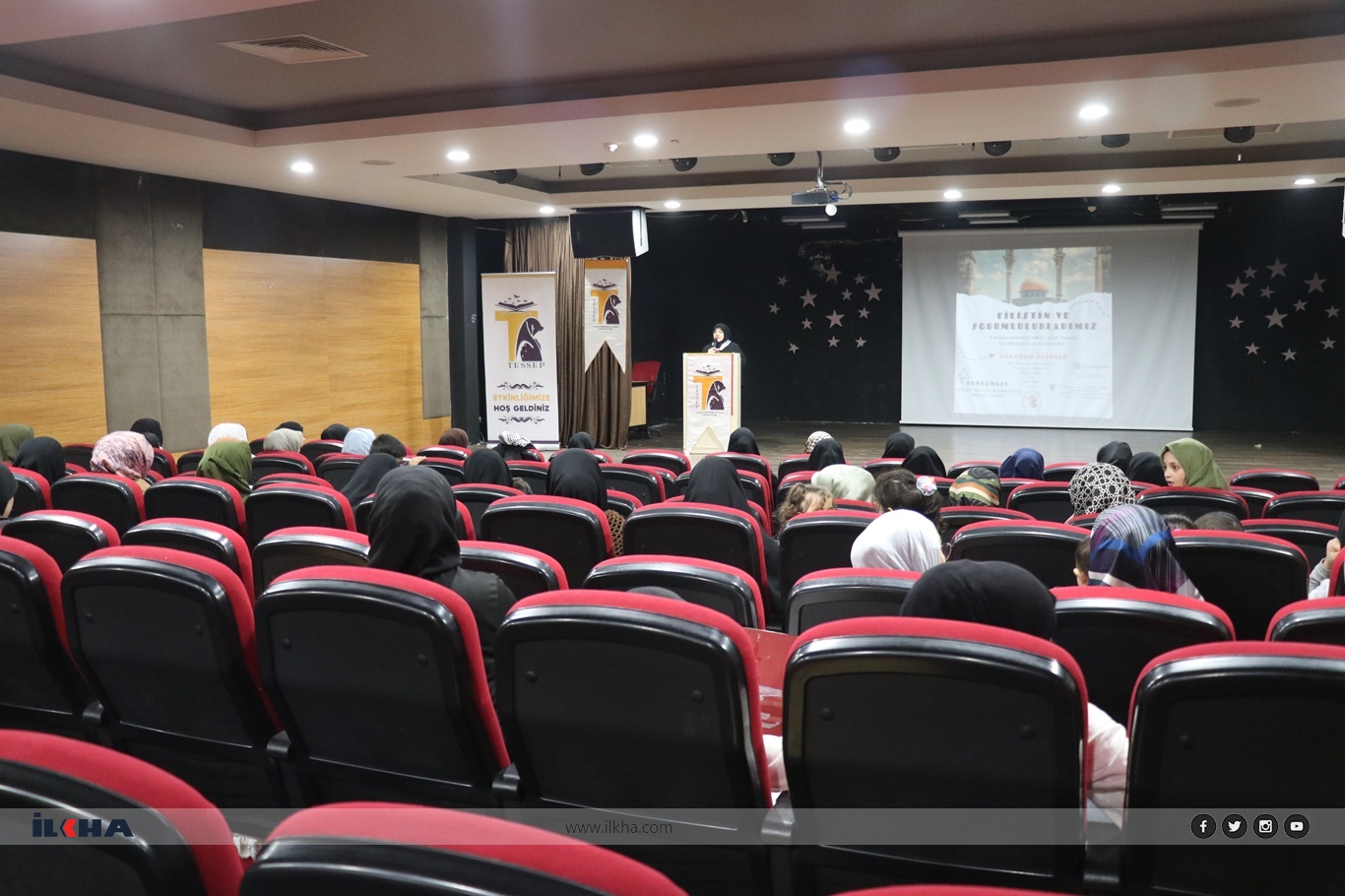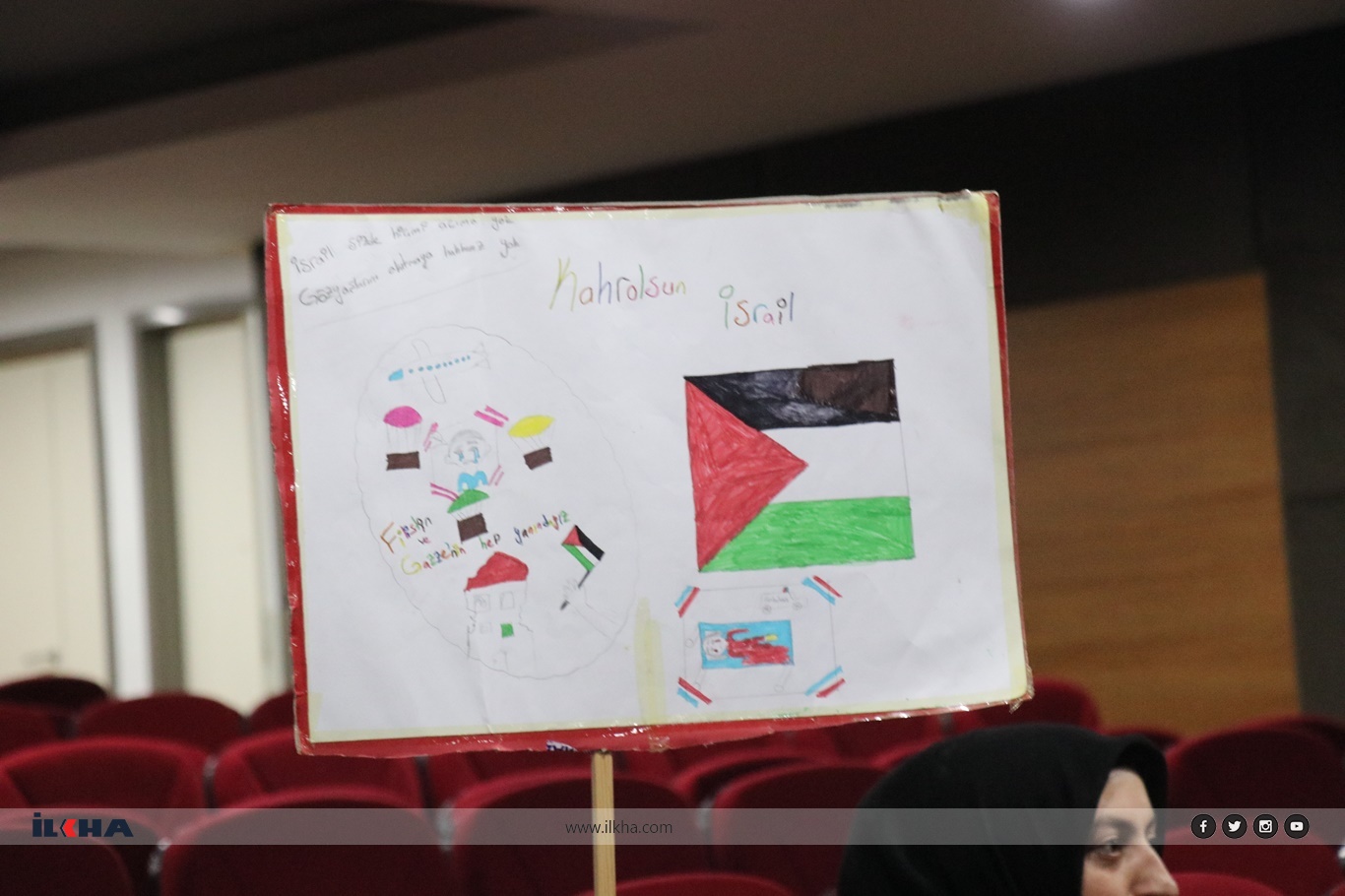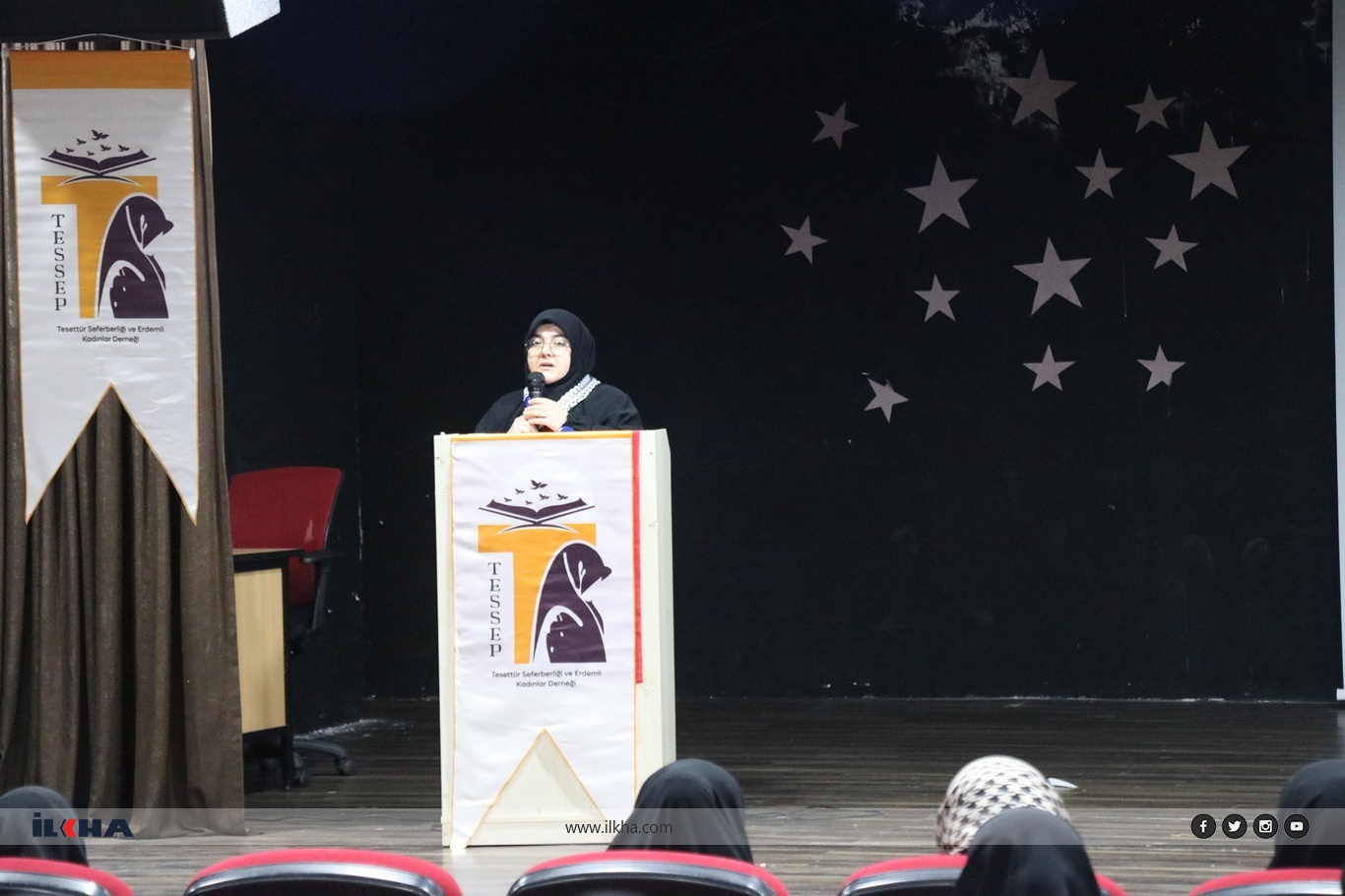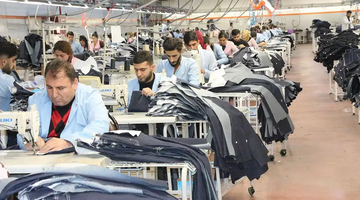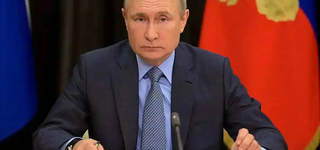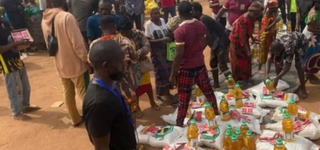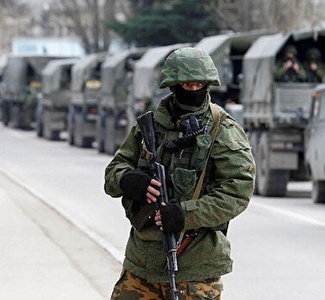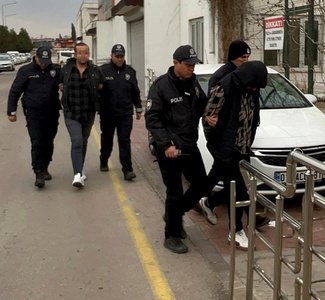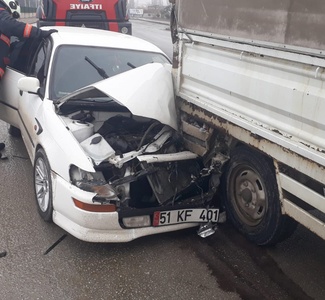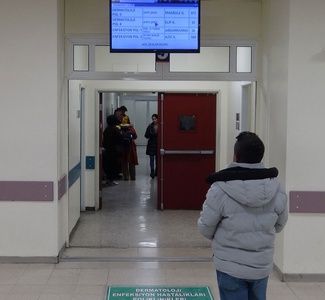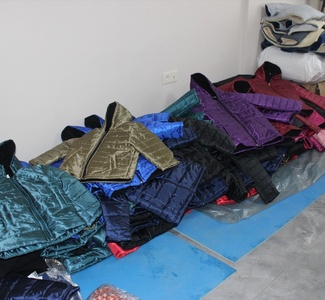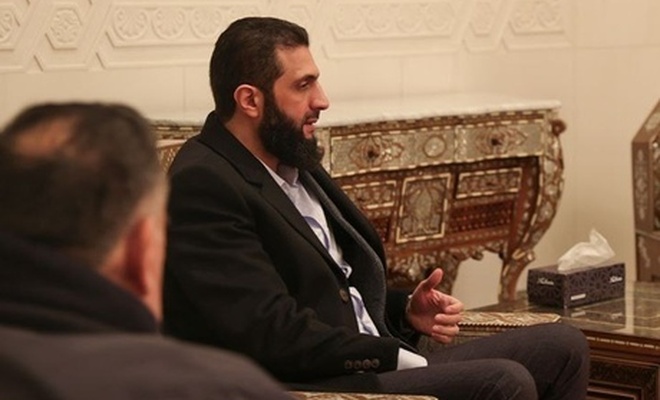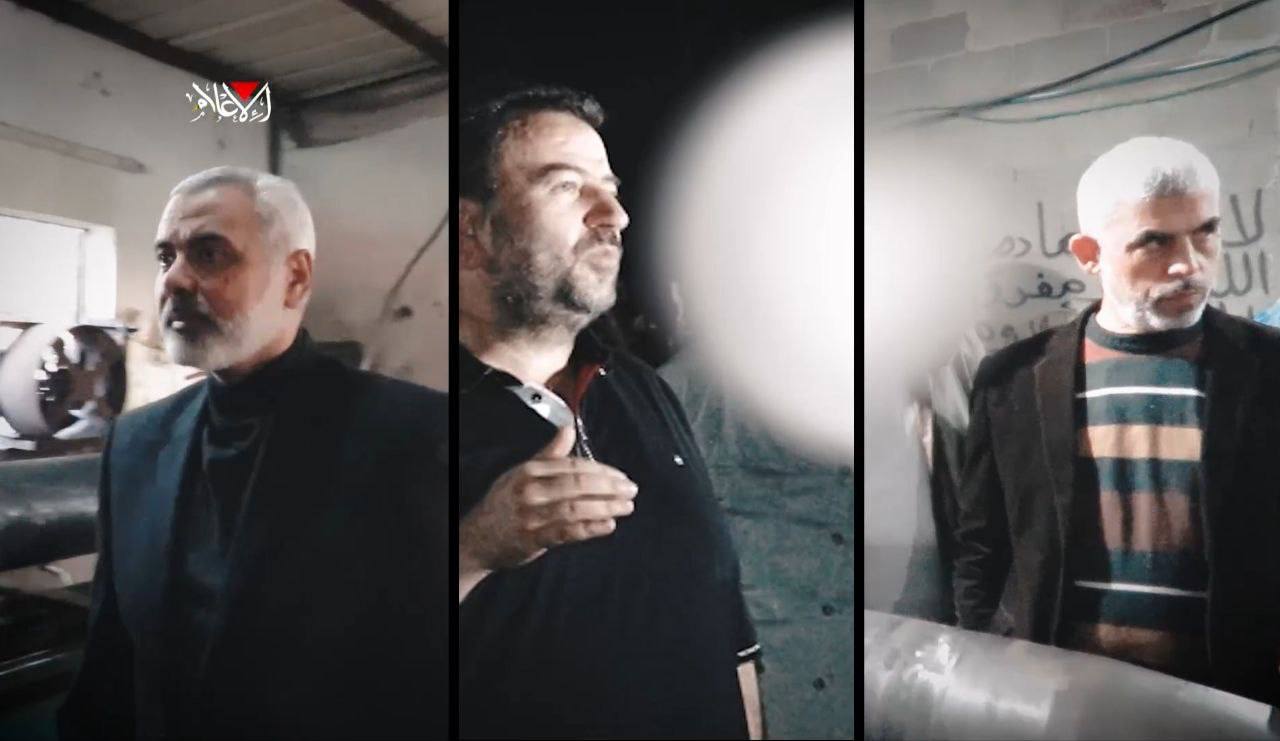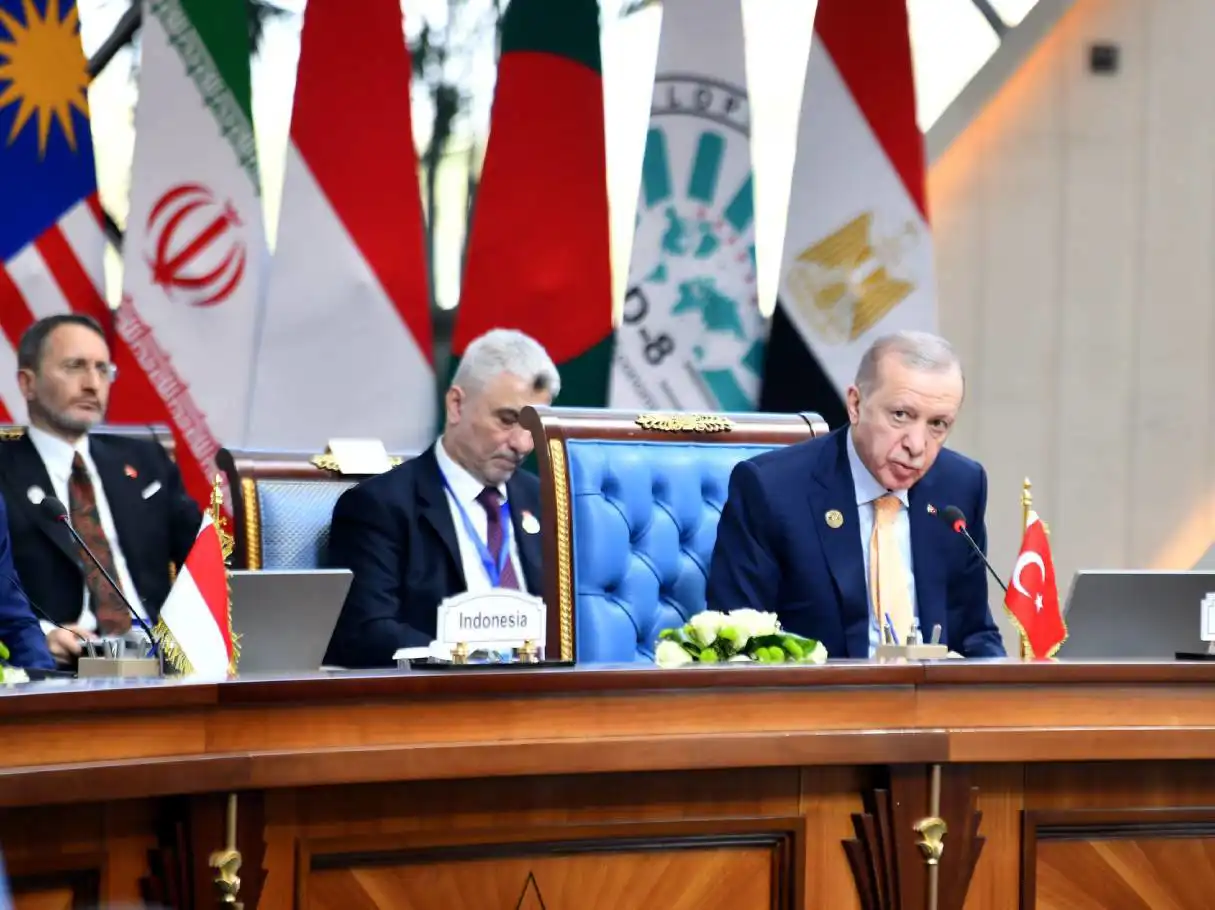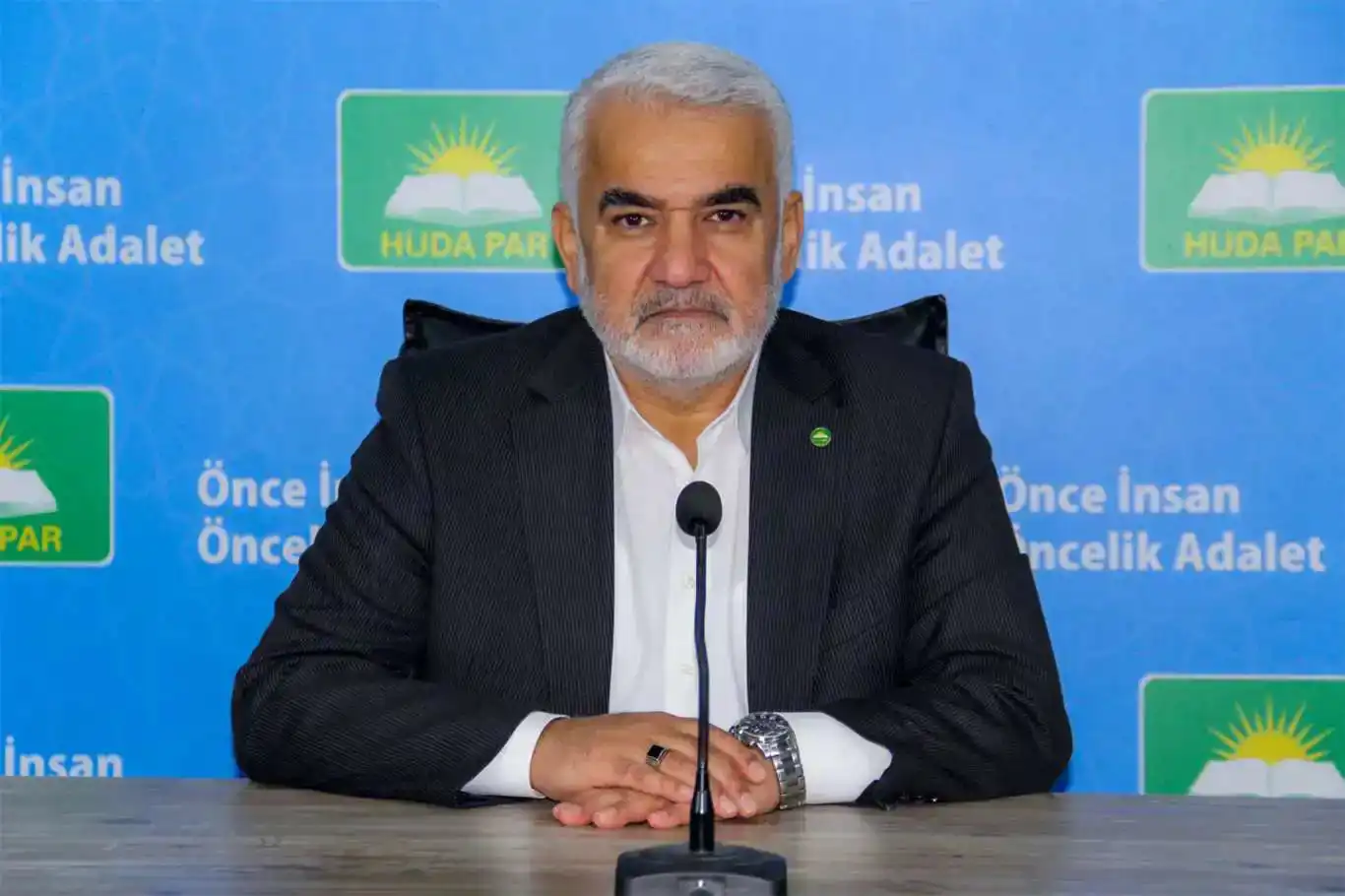TESSEP calls for solidarity with Palestine
The Hijab Mobilisation and Virtuous Women Association (TESSEP) organized an event titled "Palestine and Our Responsibilities" to raise awareness about the ongoing genocide in Gaza and to inspire Muslim women to take action.
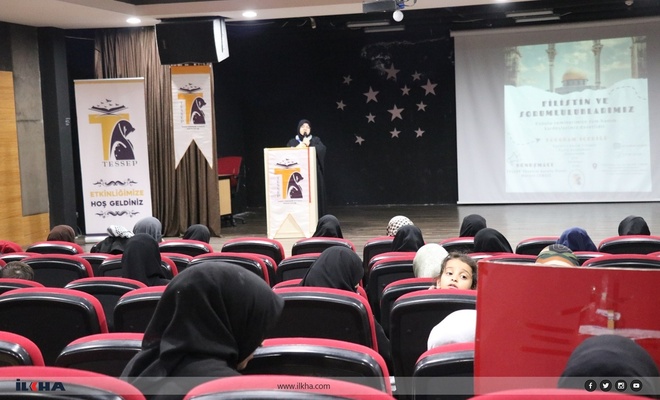
 Google News'te Doğruhaber'e abone olun.
Google News'te Doğruhaber'e abone olun. Held in Zeytinburnu, the event brought together participants of all ages, fostering a collective sense of responsibility and solidarity with the Palestinian cause. The gathering underscored the urgency of supporting the oppressed people of Palestine and emphasized the importance of unity among Muslims in the face of ongoing suffering.
The event began with a recitation of the Holy Qur’an, grounding the discussions in a spiritual framework. Mümine Melek Aşkın, TESSEP’s Zeytinburnu Coordinator, opened the program by drawing attention to the humanitarian crisis in Gaza. She remarked: “We cannot remain silent in the face of such suffering.” Aşkın emphasized that TESSEP, an association dedicated to family and women's issues, organized the event not only as a response to current events but as part of a broader call to long-term action for justice.
TESSEP board member Mürüvvet Cengiz provided historical context in her address, reminding attendees that the occupation of Palestinian land has persisted for nearly a century. “This is not just a one-year crisis,” she explained. “The occupation has been ongoing for decades, and we must keep Gaza and Jerusalem close to our hearts. It should be, as the poet said, ‘a wound in the hearts of Muslims.’” Cengiz called on Muslim women to be proactive in supporting Palestine, warning against distractions that dull the collective consciousness. “Today, our brothers and sisters are torn apart by bombs. If parents are collecting the bodies of their children in bags, we need to look at our own lives and ask—what are we doing in response?” she asked the audience.
A central theme in Cengiz's speech was the necessity of building a strong, unified Muslim identity. “The Qur’an must be our guide,” she stated firmly. “A true Islamic identity is built on compassion, justice, and the courage to stand up to oppression.” She emphasized that this identity-building begins at home, with mothers instilling values of empathy and justice in their children. “The hand that rocks the cradle can shake the world,” she said. “If mothers wake up to their power, the next generation will follow suit.”
Cengiz also highlighted the importance of historical awareness and education, saying: “We need to know our history, to understand the sacrifices made, and to remember that a generation ignorant of its past is vulnerable to losing its purpose.” She urged attendees to educate themselves about the strategic significance of the Middle East, the roots of the Palestinian cause, and the geopolitical challenges facing Muslims worldwide. “The Palestinian cause is not just an Arab issue,” she asserted. “It’s an Islamic cause, one we must carry like a seal on our hearts.”
In a call to practical action, Cengiz urged the community to adopt economic resistance. “Boycotting should not be an occasional gesture,” she argued. “It should be a way of life. We must ensure that our support reaches wider circles and becomes part of our daily choices. Every product we choose to avoid is a statement of solidarity.”
The program also featured poignant poetry recitations and a cine-vision presentation on the cultural and spiritual significance of Al-Aqsa Mosque, deepening the emotional resonance of the event. “Al-Aqsa is not just a building,” said Cengiz. “It is a symbol of faith, and an integral part of our identity. This cause is personal to all Muslims.”
TESSEP’s event served as a powerful reminder of the responsibility that each individual holds, especially women, in shaping a more just world. “Solidarity with Gaza and Palestine is not just about words,” Cengiz concluded. “It is about a sustained commitment to justice, a readiness to act, and a willingness to make sacrifices.”
Through this event, TESSEP urged attendees to move beyond mere expressions of concern, encouraging practical actions like education, boycotting, and reinforcing faith-centered values within families. By advocating for these principles, TESSEP sent a powerful message: while the challenges are great, the potential for collective action and meaningful change is even greater. (ILKHA)
